Parenting a College Student Abroad: Tips for Staying Connected During the University Years11/20/2023
|
Jamie HartA teacher from the United States of America, currently teaching abroad. I teach science to middle and high school students. I enjoy reading and doing nerd things. Archives
April 2023
Categories
All
|
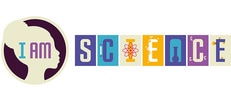
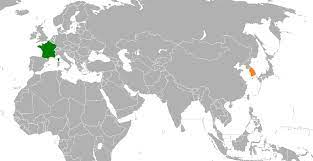

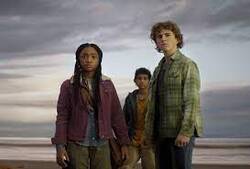

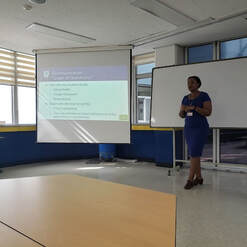
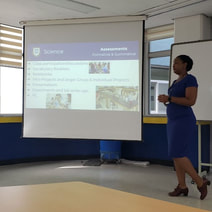
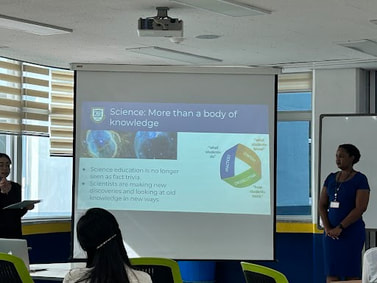

 RSS Feed
RSS Feed
